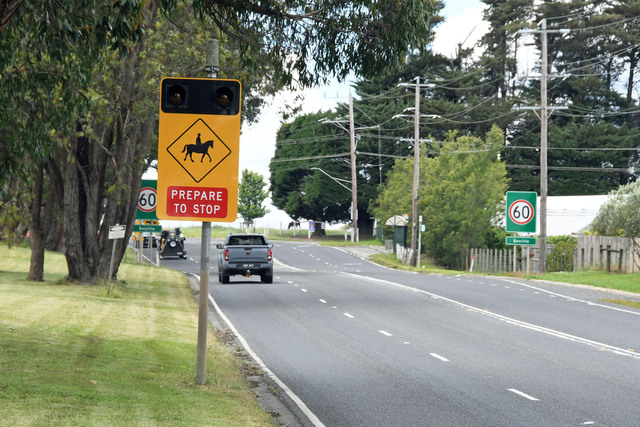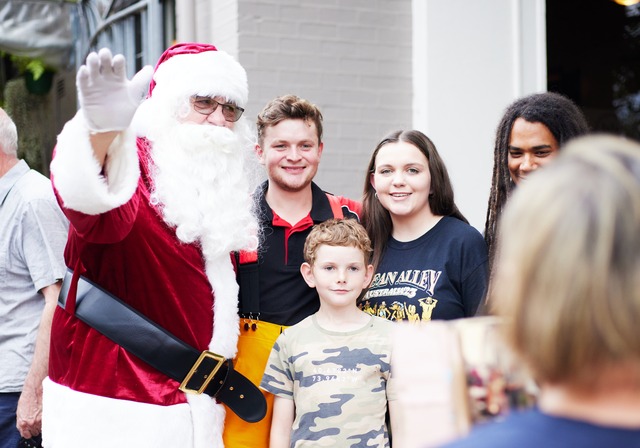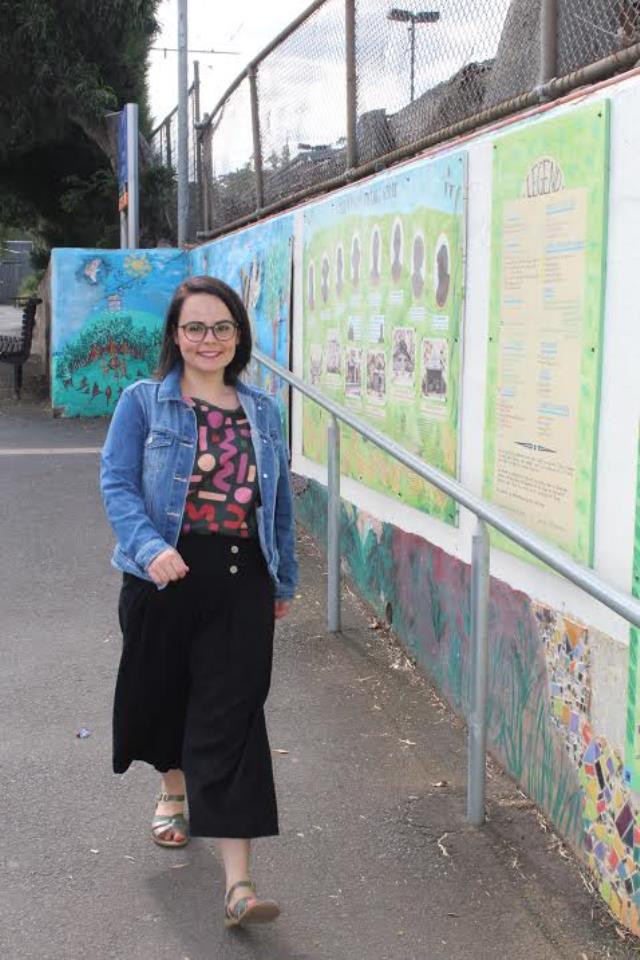By Kath Gannaway
FOR THE wives, partners and families of Yarra Glen CFA members, Zonzo’s and Train Trak have become part of the vocabulary when they speak of the February fires.
It was where it all started for the firefighters on Black Saturday, and in many cases for family and community members who rallied at the fire station to provide support.
Six months later the brigade families were back at Zonzo Pizzeria, this time in a much more relaxed atmosphere for their annual dinner – the only fire in sight the logs blazing away in the huge fireplace.
“Our day started at Zonzo’s about 4pm in the afternoon,” recalls Yarra Glen captain Bill Boyd.
As with other brigades, they’d been briefed the night before and members asked to stay close to town on the Saturday.
Saturday morning, a Yarra Glen team was sent to Mt Evelyn to join the strike team from around the valley later deployed to Drouin in East Gippsland.
Tension built during the day with a couple of false alarms from people edgy about the smoke coming over from Kilmore. But when a local man dropped in at the station saying he could see smoke at Train Trak vineyard on the Healesville-Yarra Glen Road, it was the real thing.
“We had 82 calls just around the town up until midnight on the Saturday and another 45 on the Sunday. We had the fire licking at the police station door and sent crews out along Steels Creek Road and along the lineal roads like Willow Bend, Pinnacle, and Gulf to find survivors,” Mr Boyd said.
‘There were trees and power-lines down and and when we realised we couldn’t stop the fire, it was about saving assets,” he said.
Three local water contractors, former brigade captain Frank Wood, David Bourke and Bruce Anderson, backed up the brigades with critical water supplies.
Mr Boyd said he asked the more experienced captain what advice he had for a “youngster”.
“He just looked and said ‘It’s a lot bigger than anything I’ve every had to deal with … so good luck’.”
The scene as the crews came back in to Yarra Glen from Train Trak was chaotic with people coming down from Kinglake, Toolangi, Steels Creek and Dixons Creek looking for an escape.
“It was obvious that people who hadn’t made the decision to leave early were desperate to get out,” Mr Boyd said.
“It was like driving into a movie scene; cars everywhere with people driving over garden beds and gutters and on the wrong side of the road; the main street was madness.”
Asked by police what he wanted them to do, he told them to seal the town – let people out but stop them coming in.
Brigade members had already witnessed the tragic consequences with the death of local man Gareth Jones-Roberts, whose car crashed on the edge of the town.
“If we hadn’t done that we would have had more people killed on the roads.”
With ambulances unable to get through to Kinglake the fire station became a makeshift medical centre. “The guys were keen to get up there, and we were trying to get through but it was just too dangerous. In the end, we couldn’t get them up there until well after midnight,” Mr Boyd said.
For Bill Boyd the way the brigade as a family, and the community, came together will be a lasting impression of what he hopes will be a once-in-a-lifetime experience as a firefighter.
“We catered for over 100 firefighters in shifts that went over three days, with wives and girlfriends, sons and daughters and extended family members all helping out.
‘People helped out with food … the pub, bakery and butcher, IGA, the racing club … the whole community was just fantastic,” he said.
On Valentine’s Day, a week later, the local florist donated roses for brigade members as a thankyou to their wives and girlfriends.
A young man showed up at the station with his own ‘thankyou’ … a box of beer.
He was picked up by an out of area crew at the height of the blaze.
“He told us they caught up with him walking down Skyline Road, burnt and confused, nowhere to go. He wanted to show his appreciation,” Mr Boyd said.
Since the fires IGA has donated $40,000 to the brigade, and they have received another $46,000 donation from Richmond Seafood Tavern.
The loss of 10 lives in Steels Creek will also stay with brigade members as a tragedy close to home, but one which Mr Boyd believes could have been so much worse.
“I figured on the day we’d lose some, because of the sheer size of the fire and the intensity,” he said.
“It was a shock for all of us when it came through … any loss of life is, but looking realistically at that day, you could have expected it to be a lot more.”
If there is a positive to come out of it all, Mr Boyd says it is the heightened sense of community overall, and of the brigade’s place in that community.
Back to the fire frontline
Digital Editions
-

Dangerous horse crossing finally fixed in Wandin North
Purchase this photo from Pic Store: 520610 Horse riders in Wandin North can rest easy after a notorious faulty horse crossing on Warburton Highway has…






